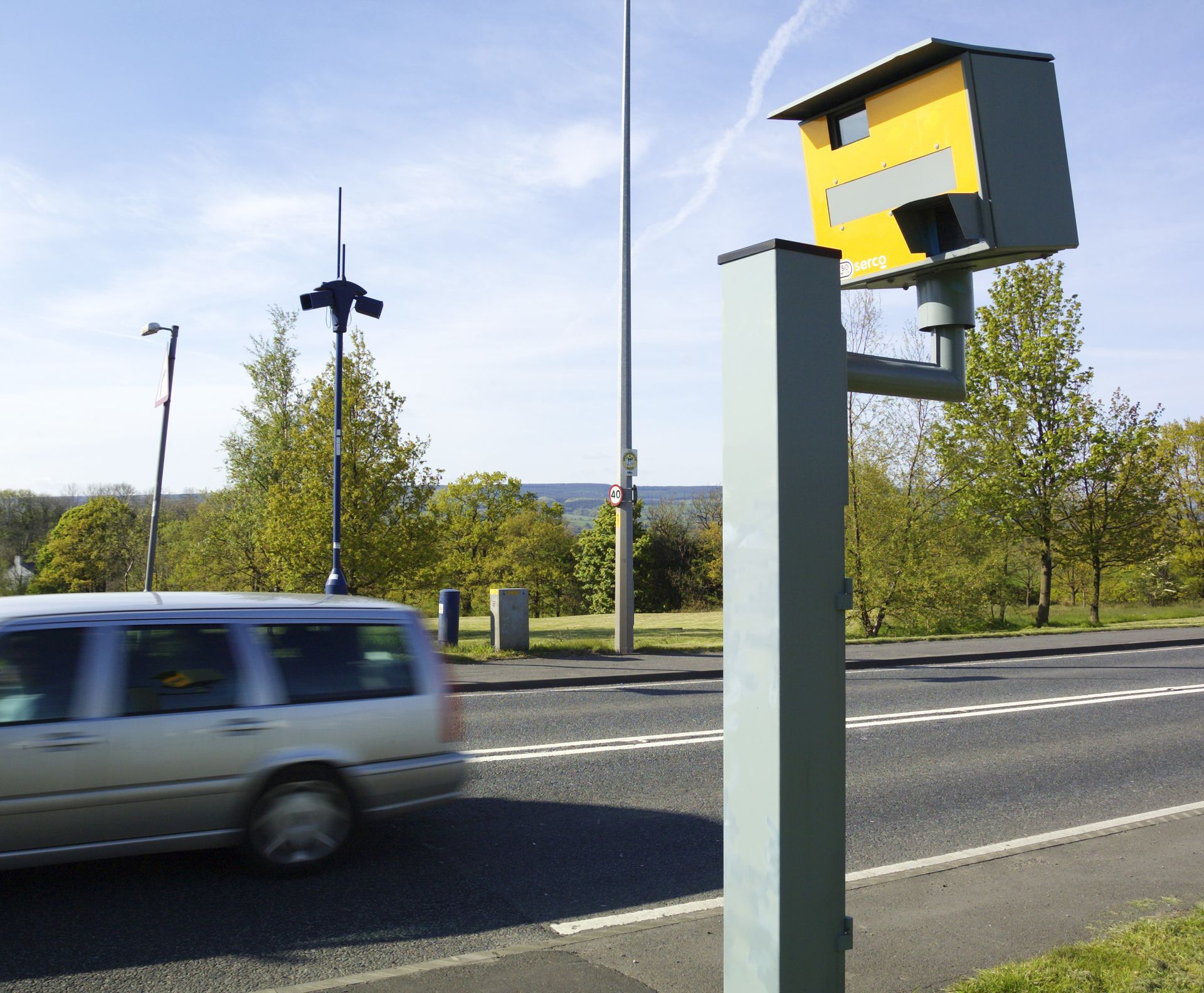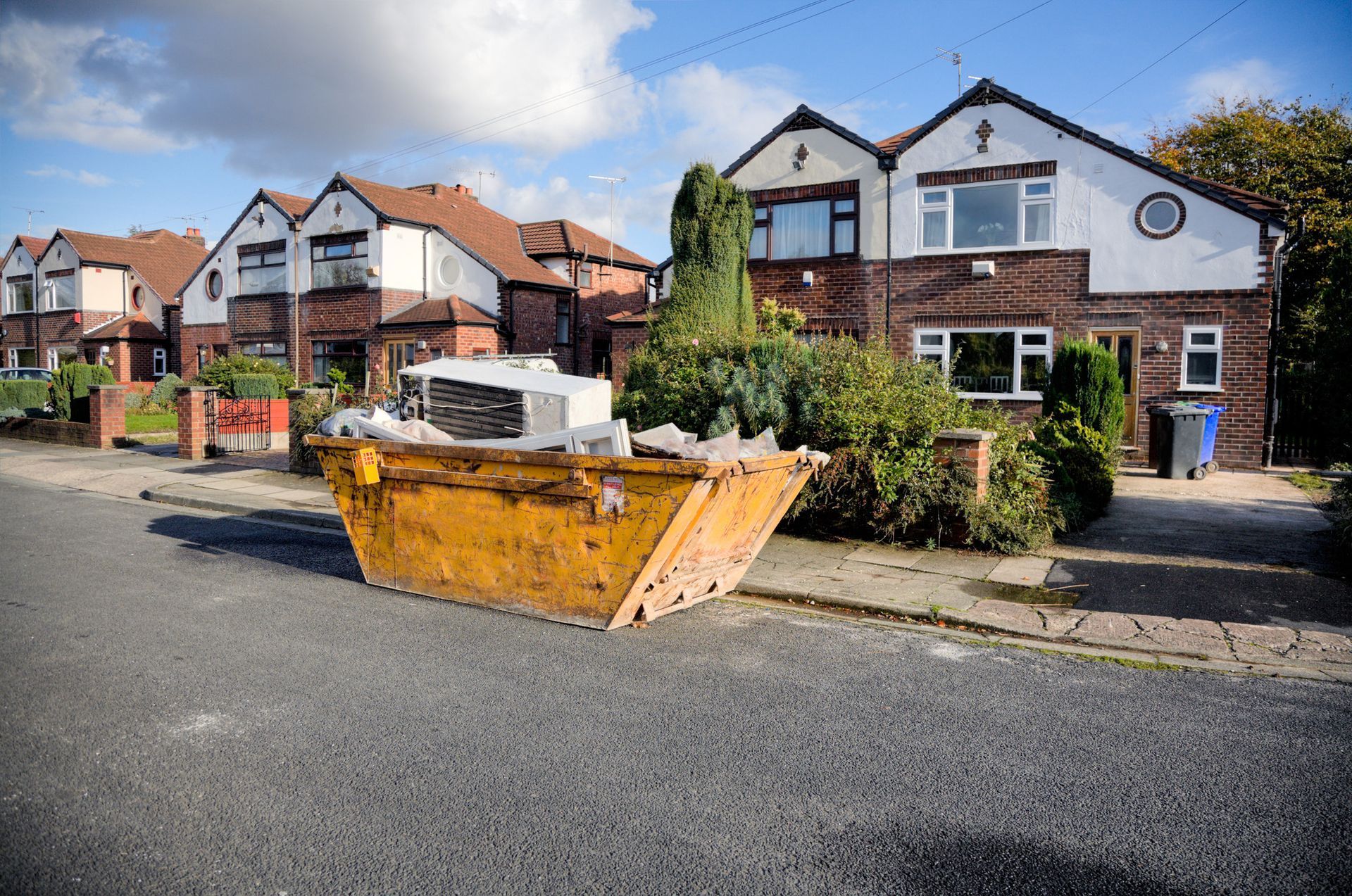Driving Experts at Yell Reveal the UK’s Top-Speed Camera Hotspots

New research by driving experts at Yell has revealed the UK’s top 10 speed camera hotspots and which regions are catching drivers out this summer. Looking at police records from every county across the UK between the periods of July 2023 and August 2023, the experts at Yell have revealed that Surrey takes the top spot for the most speeding violations in the UK with 22,811 between July and August 2023.
In 2023, 203,801 people were found guilty of a speed limit offence - this is a decrease of 8% when compared to the previous year, but an increase of 85% since 2011. Across the UK, there are now around 7000 cameras on the road networks, catching drivers out across the country - from speeding violations to using a phone whilst driving, or parking illegally.
Below, the driving experts at Yell have identified the top ten speed camera capitals in Britain:
Top 10 UK regions with the highest number of speeding offences
The UK’s number one speeding hotspot in the UK is Surrey with 22,811 speeding violations between July-August 2023. Within Surrey, the speed camera hotspot that has been catching the most drivers on the road is the M25/M3 Junction.
The location coming in second for the most speeding violations is West Mercia. West Mercia saw 21,266 speeding violations in the period of July-August 2023, with the M5 J8 SB speed camera catching the most speeding violations.
The location coming in third highest for speeding violations is Nottinghamshire, with 16,400 violations being caught. The M1 North Bound between Junction 26 and 27, Notts has been identified as the location that catches the most speeding violations in Nottinghamshire between July-August 2023.
| Location | Total number of speeding violations |
|---|---|
| Surrey | 22,811 |
| West Mercia | 21,266 |
| Nottinghamshire | 16,400 |
| North Wales | 15,998 |
| South Yorkshire | 15,541 |
| Northern Ireland | 14,292 |
| Lincolnshire | 12,057 |
| Bedfordshire | 11,388 |
| Leicestershire | 10,389 |
| Humberside | 9,072 |
The top 10 UK speed camera hot spots
Yell has revealed that the UK location with the most number of speed cameras is Lancashire with 225 speed cameras in total. The location with the highest number of offences caught is between Windermere to Colne Road.
The location with the second highest number of speed cameras is South Wales, with 200 cameras spanning across the region. The number one hot spot in South Wales for speeding violations is A470 Northern Avenue Cardiff.
Coming in third highest for speed camera hotspots is Essex, where 195 cameras are placed around the region. Essex’s speeding hotspots that see the most violations include Basildon and Southend.
Below are the top 10 regions that host the most speed cameras across the UK
| Location | Number of speed cameras |
|---|---|
| Lancashire | 225 |
| South Wales | 200 |
| Essex | 195 |
| Greater Manchester | 173 |
| City of London | 161 |
| Hampshire | 145 |
| West Yorkshire | 135 |
| Kent | 130 |
| West Midlands | 122 |
| Cheshire | 113 |
Speeding fine punishments
The majority of people caught speeding via speeding cameras will be classed as committing a 'minor offence'. The driver will receive a Fixed Penalty Notice (FPN) of a £100 fine and three points on their licence.
The £100 fine is compulsory and will be issued to everyone caught, but you can avoid the points and opt for a speed awareness course if it is offered to you. This is only considered if you have not already committed any other speeding violations in the past three years. Whether you're eligible for an awareness course varies depending on which police force is handling your offence.
The punishment can be more severe and you may be prosecuted in court leading to a significantly higher fine, more points on your licence or even a driving suspension or disqualification if the police force deems it necessary, especially if you have previous convictions surrounding driving and speeding.
| Legal speed limit (MPH) | Recorded speed (MPH) | Recorded speed (MPH) | Recorded speed (MPH) |
|---|---|---|---|
| Band A | Band B | Band C | |
| 20 | 21-30 | 31-40 | 41 and above |
| 30 | 31-40 | 41-50 | 51 and above |
| 40 | 41-55 | 56-65 | 66 and above |
| 50 | 51-65 | 66-75 | 76 and above |
| 60 | 61-80 | 81-90 | 91 and above |
| 70 | 71-90 | 91-100 | 101 and above |
| Points / disqualification | 3 points | Disqualify 7-28 days OR 4-6 points | Disqualify 7-56 days OR 6 points |
| Fine | 25-75% of weekly income | 75-125% of weekly income | 125-175% of weekly income |
All speeding fines in the UK are calculated as a percentage of weekly income after tax and National Insurance deductions are applied. The law states that you are liable for a speeding fine as soon as you exceed the limit, so if you’re doing 31mph in a 30 limit or 71mph on a motorway, you’re breaking the law and will receive one of the above fines if caught. The fines for these are capped at £1,000 and £2,500 if you are caught speeding on a motorway.
Little-known driving laws & fines
Whilst we all know you should not be speeding or driving under the influence of alcohol or drugs, there are some other little-known laws that are catching drivers out and resulting in a magnitude of fines.
The Highway Code contains 307 regulations and contraventions that if broken, will result in penalties being issued. Whilst the widely known laws are featured within the highway code, there are a few that are less known, resulting in Brits being caught out on the roads, unaware that they are actually breaking the law. From splashing pedestrians in the rain to driving with your number plate being covered, Yell has identified the cost of breaking these little-known laws below.
| Driving law | Penalty |
|---|---|
| Driving with a cracked windscreen | Up to £2,500 |
| Missing a wing mirror | Up to £2,500 & 3 points |
| Parking on private land | Car removal & £40 release fee |
| Using horn whilst stationary | £30 fixed fine |
| Using your mobile phone as a SatNav in an unfixed position | £200 & 6 points |
| Incorrect use of lanes | £100 & 3 points |
| Flashing your lights to give way | Up to £1,000 |
| Parking while facing oncoming traffic when it is dark | Up to £1,000 |
| Blocking/covering your number plate | £100 fixed fine |
| Splashing pedestrians | Up to £5,000 & 6 points |
Driving is a necessary day-to-day activity and can easily become too comfortable, but it's essential to be aware of and comply with these lesser-known laws to avoid substantial fines. By staying informed and respectful of these and newer regulations, you can be sure you are following the law, and driving safely no matter the conditions.
About Yell
Yell Ltd exists to connect businesses and consumers via its leading marketplace for local services and offering managed digital marketing helping businesses to find, connect and sell to consumers online. Yell Ltd is a proud Google Premier Partner, Microsoft Advertising Elite Channel Partner, and Meta Business Partner.
Learn more at https://business.yell.com and our Media Centre
Visit our social media channels: Facebook, Twitter, LinkedIn, Instagram
Download the free Yell consumer app from the App Store or Google Play
Download the free Yell for Business app from the App Store or Google Play
For media enquiries, please email: press.enquiries@yell.com







